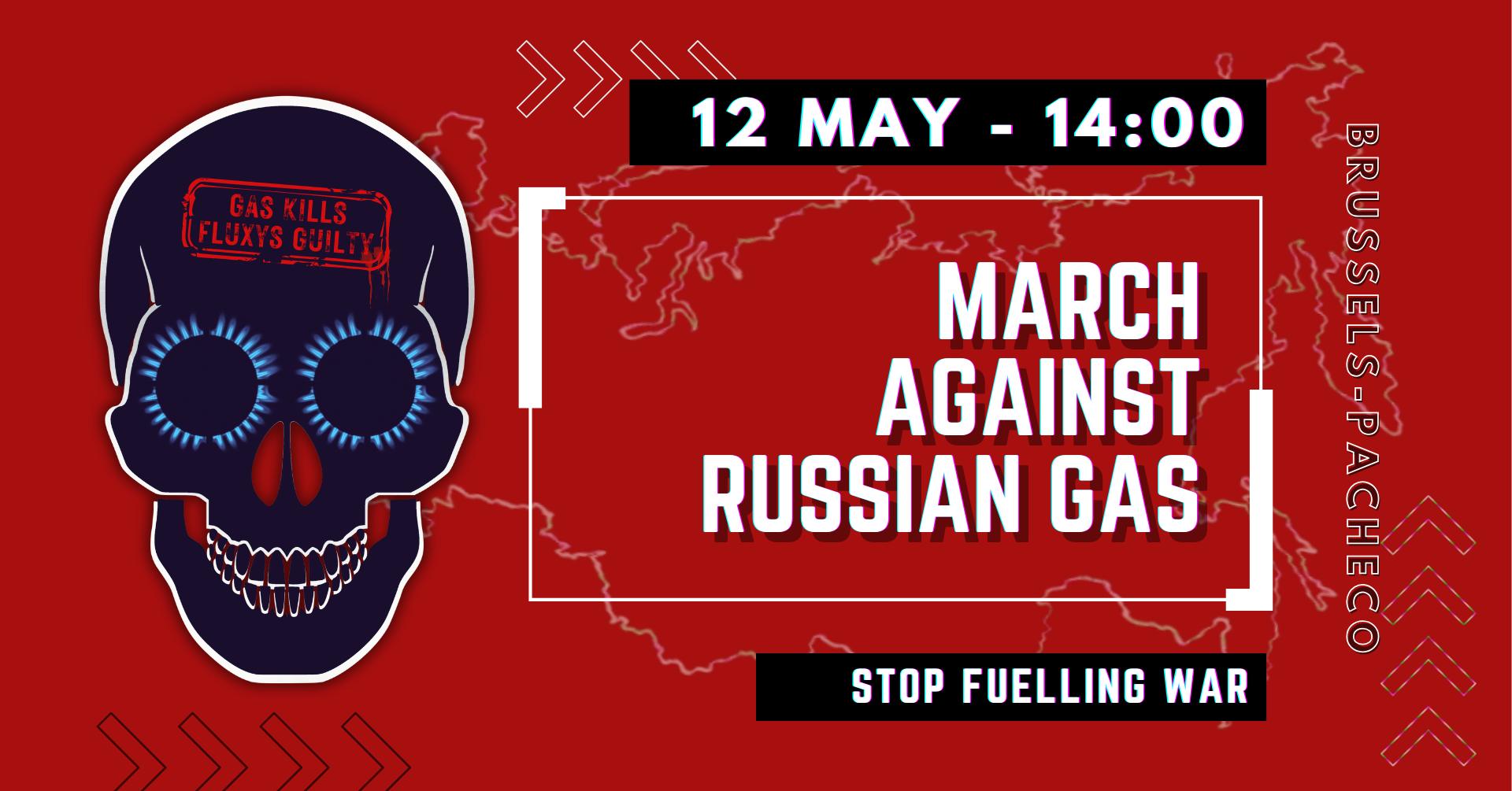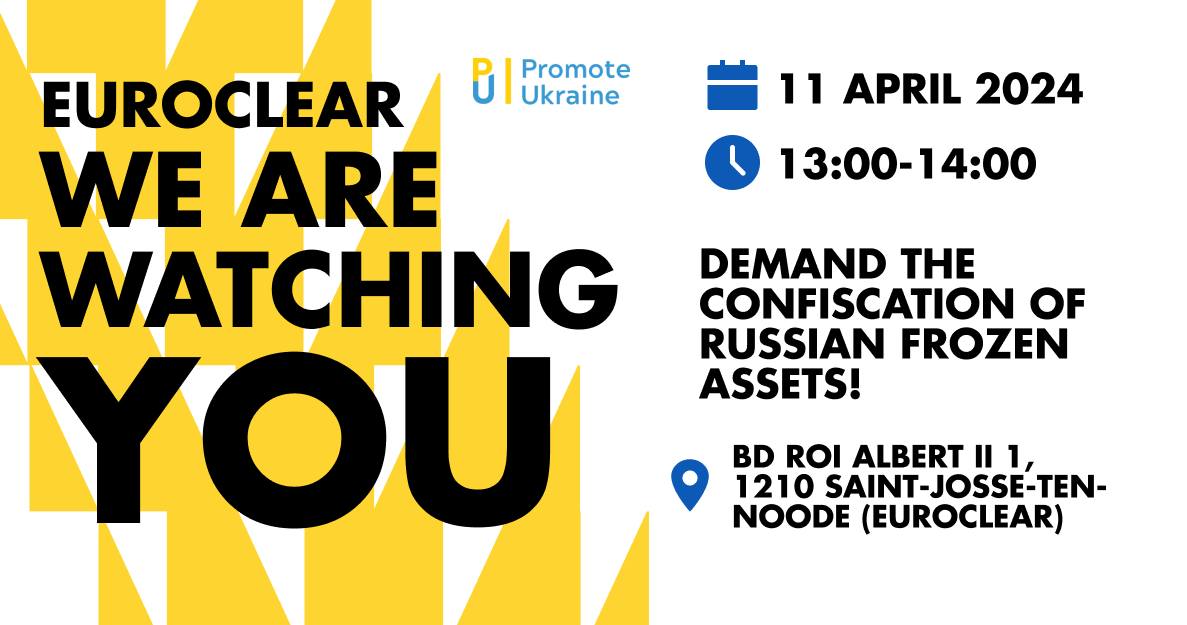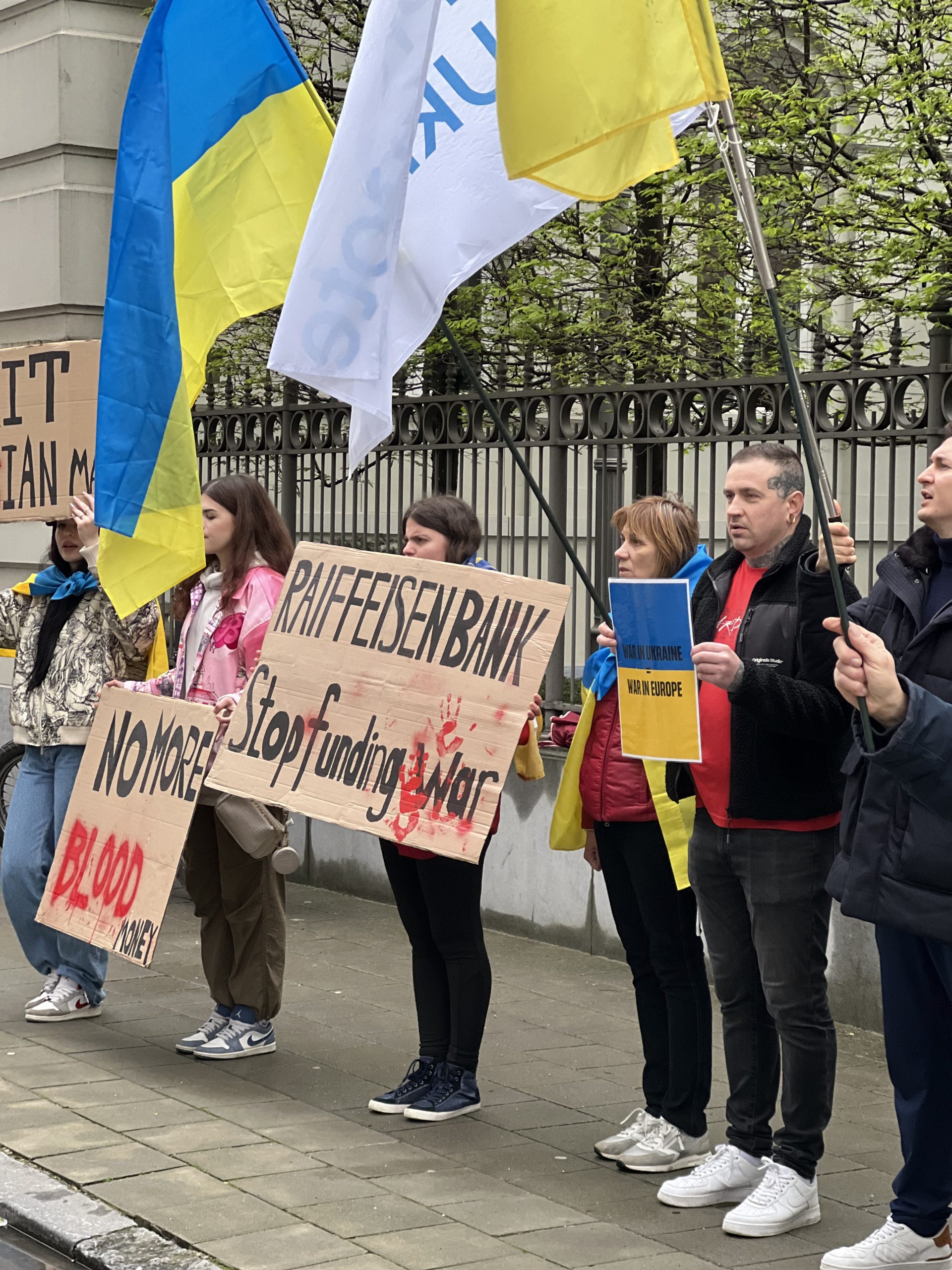Since 1 September 2021, Ukrainian citizens have had the right to declare the assets they own and pay a fee to the budget. A voluntary declaration is presented as a chance to unveil the money and assets in a civilised way because it will not be necessary to indicate information about the sources of their origin.
Promote Ukraine conducted an online survey on the attitude of the population of Ukraine to the “voluntary declaration” or, as it is also called – “tax amnesty” and asked experts from law firms to comment on the survey results.
Survey Methodology: The survey was conducted from 15-23 September 2021 by means of the CAWI method and Google forms. The link to the survey was posted on the site of Promote Ukraine, Facebook, and has been mailed to the interested audience.
Development of the survey tools and information processing have been provided by the Institute of Sociological Research at Kyiv National Economic University named after Vadym Hetman.
The sociological data obtained is descriptive in nature and reflects the general attitude of the Ukrainian-speaking audience to the “tax amnesty.”
The survey was completed by 163 respondents aged 18 and above. Of them, 37.4% are women and 62.6% are men. The most active audience is people aged from 41 to 55 (39.3%) and 56-65-year-olds (32.5%). Of the respondents, 39.9% are taxpayers as they are employed by legal entities – taxpayers; 16% pay taxes as private entrepreneurs; 11% pay taxes as they own taxable assets.
The tables below provide the distribution of responses to the questions of Promote Ukraine’s survey.
Distribution of respondents to the question: “What type of a taxpayer are you? (multichoice is possible)” in %
| Taxpayer – a private entrepreneur | 16 |
| Taxpayer – an employee of a legal entity which is a taxpayer | 39,9 |
| Taxpayer – an owner of taxable assets | 11 |
| Not a taxpayer | 10,4 |
| Belong to none of the suggested choices | 25,2 |
| I’m not sure | 5,5 |
(The total percentage sum might be over 100 as multiple choice was offered)
Distribution of respondents to the question: “The word-combination “tax amnesty” creates a feeling of…” in %
| Optimism | 7,4 |
| Discomfort | 28,8 |
| Pessimism | 49,1 |
| I’m not sure | 14,7 |
Distribution of respondents to the question: “In your opinion, the notion “voluntary declaration” is perceived as …” in %
| A synonym of the “tax amnesty” | 18,4 |
| An antonym of the “tax amnesty” | 48,5 |
| I’m not sure | 33,1 |
Distribution of respondents to the question: “Do you think that the mechanism of “voluntary declaration” applies to you personally?” in %
| Yes | 6,7 |
| Rather yes (more likely yes than no) | 8,0 |
| Rather no (more likely no than yes) | 30,1 |
| No | 50,9 |
| I’m not sure | 4,3 |
Distribution of respondents to the question: “In your opinion, who should be first to use the mechanism of “voluntary declaration”? in %
| Those categories of the population for whom this mechanism was developed and implemented | 43,6 |
| All categories of the population, without the exceptions provided by the corresponding regulatory legal acts | 19,0 |
| I am not sure | 17,2 |
| Other | 20,2 |
The “Other” variants obtained:
– People’s deputies.
– Governmental officials.
– Managers of enterprises of all levels.
– People’s deputies’ relatives (mothers, wives, children, etc.).
– Millionaires and oligarchs.
– Illicit enrichment and tax declaration are incompatible.
Distribution of respondents to the question: “Is it reasonable that persons who have been civil servants since 2005 and later have no right to use the tax amnesty mechanism?” in %
| Yes | 34,4 |
| Rather yes (more likely yes than no) | 13,5 |
| Rather no (more likely no than yes) | 6,1 |
| No | 36,2 |
| I’m not sure | 9,8 |
Distribution of respondents to the question: “Would the opportunity of tax allocation to local and state budgets influence your motivation to declare your income?” in %
| Yes, it would increase my motivation | 47,9 |
| No, it would not influence my motivation | 41,7 |
| I’m not sure | 10,4 |
Distribution of respondents to the question: “What’s the highest percentage you would agree to pay off your income regularly, with pleasure and in full?” in %
| 1-5% | 30,1 |
| 6-10% | 22,7 |
| 11-15% | 6,1 |
| 16-20% | 3,1 |
| More than 21% | 0,6 |
| Zero | 27,0 |
| I’m not sure | 10,4 |
Distribution of respondents to the question: “According to the State Tax Service, a citizen can check the information on income received and taxes paid from it by submitting a request. Do you find this service relevant / useful for you?” in %
| Yes | 30,1 |
| Rather yes (more likely yes than no) | 10,4 |
| Rather no (more likely no than yes) | 10,4 |
| No | 44,8 |
| I’m not sure | 4,3 |
Distribution of respondents to the question: “Do you agree with this opinion: “Tax amnesties make sense only when the public really trusts the government” in %
| Yes | 78,5 |
| Rather yes (more likely yes than no) | 8,0 |
| Rather no (more likely no than yes) | 3,1 |
| No | 7,3 |
| I’m not sure | 3,1 |
Distribution of respondents to the question: “Do you agree with the thesis that “tax amnesty” will help increase the tax culture of Ukrainian citizens?” in %
| Yes | 13,5 |
| Rather yes (more likely yes than no) | 4,9 |
| Rather no (more likely no than yes) | 11,0 |
| No | 67,5 |
| I’m not sure | 3,1 |
Distribution of respondents to the question: “Do you think that a “tax amnesty” will fill the state budget?” in %
| Yes | 9,8 |
| Rather yes (more likely yes than no) | 8,6 |
| Rather no (more likely no than yes) | 23,3 |
| No | 54,6 |
| I’m not sure | 3,7 |
Distribution of respondents to the question: “Do you consider the voluntary declaration campaign to be informative enough?” in %
| Yes | 9,8 |
| Rather yes (more likely yes than no) | 8,6 |
| Rather no (more likely no than yes) | 19,6 |
| No | 50,3 |
| I have no information about that | 9,2 |
| I’m not sure | 2,5 |
Distribution of respondents to the question: «Your age:» in %
| 18-28 | 5,5 |
| 29-40 | 12,3 |
| 41-55 | 39,3 |
| 56-65 | 32,5 |
| 66 and older | 10,4 |
Distribution of respondents to the question: «Your sex:» in %
| Female | 37,4 |
| Male | 62,6 |
Distribution of respondents to the question: “What level of education have you attained?” in %
| Technical and vocational education | 9,2 |
| Specialized secondary | 17,2 |
| Higher education (bachelor) | 19,0 |
| Higher education (master) | 45,4 |
| PhD or Doctor of Science | 4,7 |
| Other | 4,5 |
Comments on the survey results:
Oleksandr Nagorny, a lawyer from the law firm “Sayenko Kharenko”
The results of the survey make us conclude that the majority of the society is not aware of the details of the tax amnesty and does not understand its usefulness and, consequently, does not support it. Such a public attitude could prevent the Government from introducing the tax amnesty. However, this attitude matters less in the situation when the amnesty has been launched already. I am convinced that those who could potentially benefit from amnesty are already well informed about the details. We, as legal advisers, do our best for that.
In fact, the state’s interest in amnesty is not less than the interest of individuals. Firstly, the state will get a certain part of the funds at once. Secondly, individuals will abstain from inefficient expenses to launder their own money, and more money can be invested in the Ukrainian economy. Thirdly, the transparency of individuals’ capital will exercise pressure on the shadow economy making activities there riskier and more uncomfortable. We should also keep in mind that the tax amnesty is an indispensable part of the antitrust amnesty, which will help to increase the transparency of markets.
Oleg Kotliar, Senior Associate, Tax and Customs practice, INTEGRITES law firm
Hopefully, you will agree that there would be no grounds for a tax amnesty in Ukraine if the respondents had a different opinion [from what we have as the survey results]. However, the survey shows the main reasons for such results – a low awareness of respondents about the amnesty and a low level of trust in government.
As these aspects are two of the four main conditions on which the success of the amnesty depends, Houston, we have a problem!
For other conditions, I would add the quality of the law, in particular, the need for unconditional guarantees of declarants’ protection and the inevitability of liability in case of non-declaration of previously untaxed income.
It is interesting that it is the last two conditions that should compensate for the lack of trust in the government. It is a question of the risks that arise from voluntary declaration, and they do exist.
The absence of real and unconditional guarantees of protection for past violations is most acutely perceived by declarants.
They are not insured against unscrupulous, bad-faith actions of law enforcement agencies, which may reveal past violations after declaration; or against financial monitoring of banks, which will need to justify “properly” the source of funds. Furthermore, additional supporting documents for declaring certain types of assets may not be considered as part of the documents and information protected by the Tax Amnesty Act.
Given the risks, the key question of a potential declarant is “How will I benefit?” For the success of the tax amnesty, the correct answer would be: “No criminal liability in the future.” However, for now the prospect of liability for past tax violations seems illusory to taxpayers.
At the same time, the professional community is actively discussing the possibility of applying indirect taxation methods by the tax authorities, which will be based on the comparison of declared income and actual expenses and taxation of surpluses. And while indirect methods remain at the discussion level, amnesty is also more likely to be talked about than used.






 UA
UA FR
FR DE
DE




